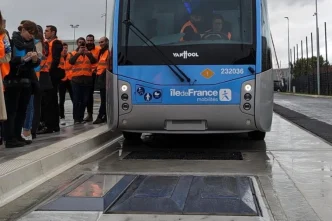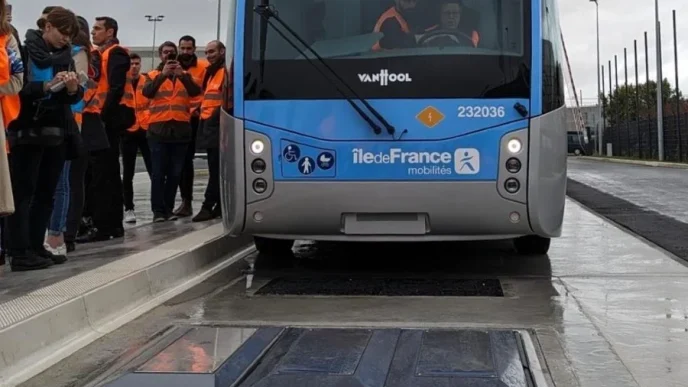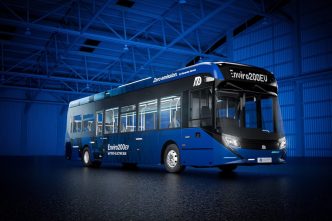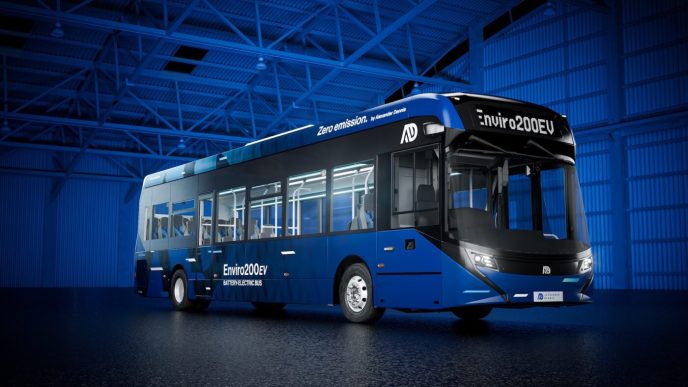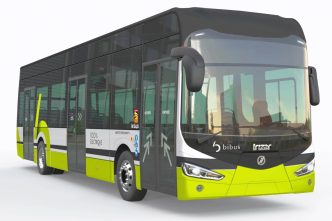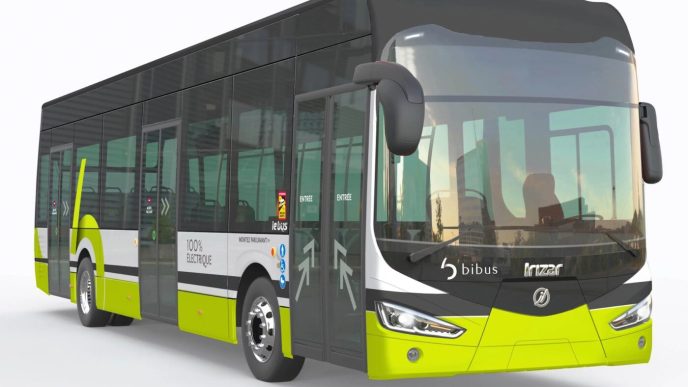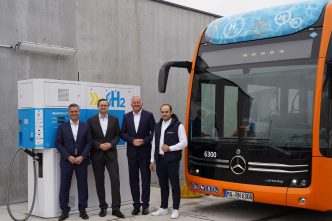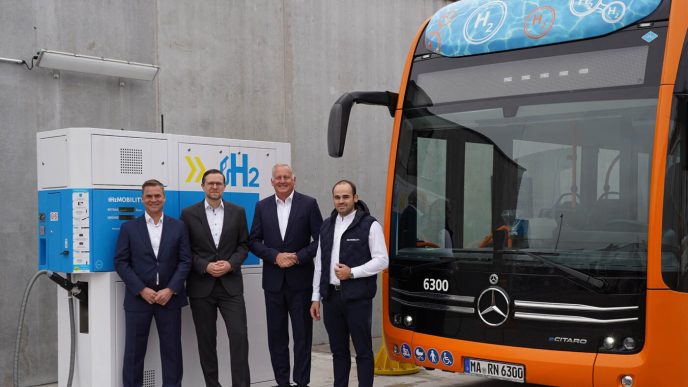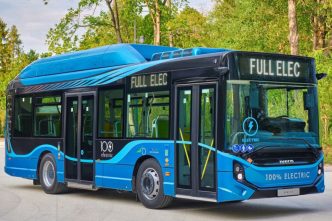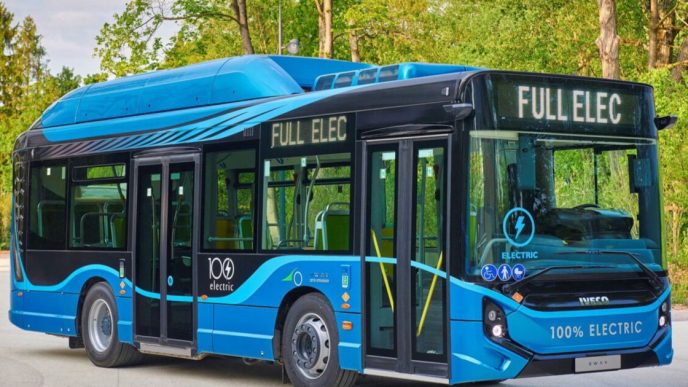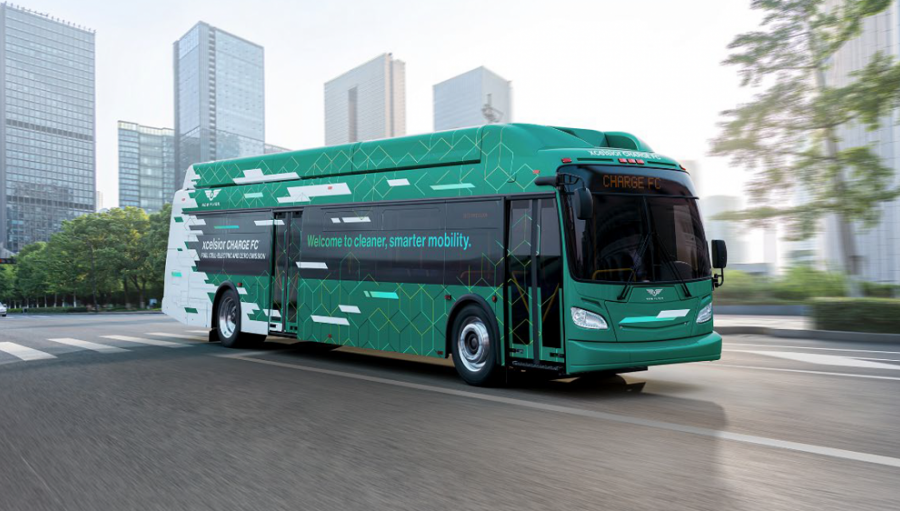The state of Uttar Pradesh (UP) in northern India is gearing up to expand its electric vehicle (EV) fleet by adding 120 new electric buses to its public transportation network. The Uttar Pradesh State Road Transport Corporation (UPSRTC), the government agency responsible for state and interstate bus services, will operate these new buses as part of the state’s broader push towards sustainable mobility.
According to a report by the Hindustan Times, the deployment of these buses will be spread across several key cities in the state. Of the 120 new electric buses, 20 will be introduced in the state capital Lucknow, while another 20 will be allocated to Ayodhya, a prominent pilgrimage and tourist destination. An additional 20 buses are set to serve Gorakhpur, with the remaining 60 evenly distributed between Aligarh and Moradabad. A government spokesperson has confirmed that the tendering process for these new buses is expected to begin shortly.
UP, India’s most populous state and one that shares a border with the national capital New Delhi, has already made significant strides in the adoption of electric buses. The state’s Directorate of Urban Transport reports that 740 electric buses are currently in operation, all with a floor height of 900 mm, ensuring comfortable and accessible urban transit. A substantial portion of these buses—140 units—are deployed in Lucknow alone.
The introduction of electric buses in UP started under the first phase of the FAME India Scheme (Faster Adoption and Manufacturing of Hybrid and Electric Vehicles) between April 2015 and March 2019, during which 40 electric buses were deployed, all in Lucknow. The state further ramped up its EV fleet under the second phase of the scheme, which runs from April 2019 to March 2024, by adding 600 more buses. Recently, the state approved an additional 100 electric buses, and with the upcoming 120 units, the total number of electric buses in the UPSRTC fleet will increase to 860.
The expansion of electric buses in UP comes on the heels of a significant policy shift at the national level. As of 1 October 2024, the Indian government replaced the FAME India Scheme with the PM Electric Drive Revolution in Innovative Vehicle Enhancement (PM E-DRIVE) scheme. This new scheme has earmarked nearly 44 billion rupees (approximately 478 million euros) to support the rollout of electric buses across the country. Under the PM E-DRIVE scheme, the government plans for State Transport Units (STUs) and public transport agencies to deploy 14,028 electric buses. The scheme provides an incentive of 10,000 Indian rupees (about 109 euros) per kilowatt-hour (kWh) for electric buses costing less than 20 million Indian rupees (roughly 200,000 euros) ex-factory, making it easier for states like UP to continue investing in green public transportation solutions.



